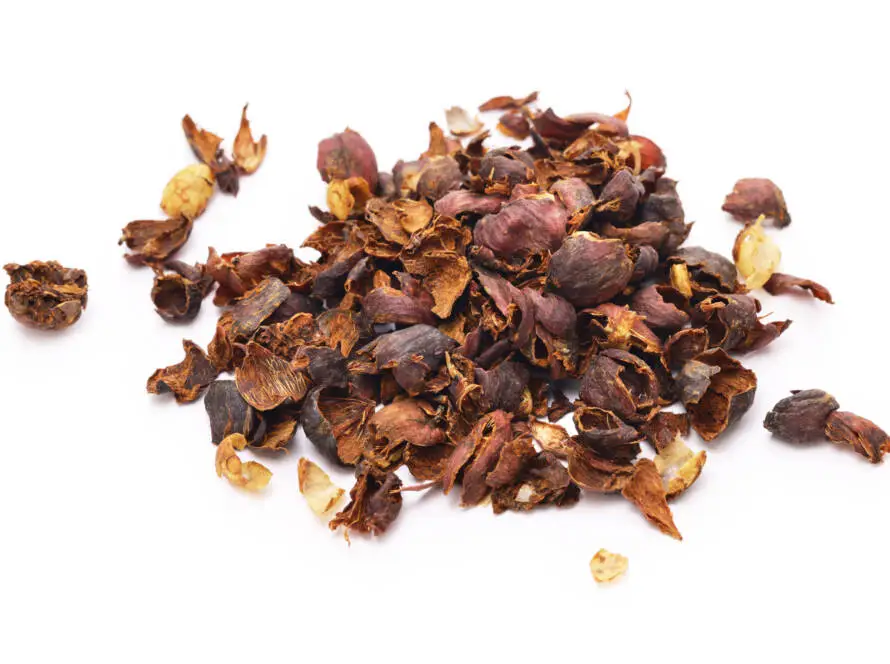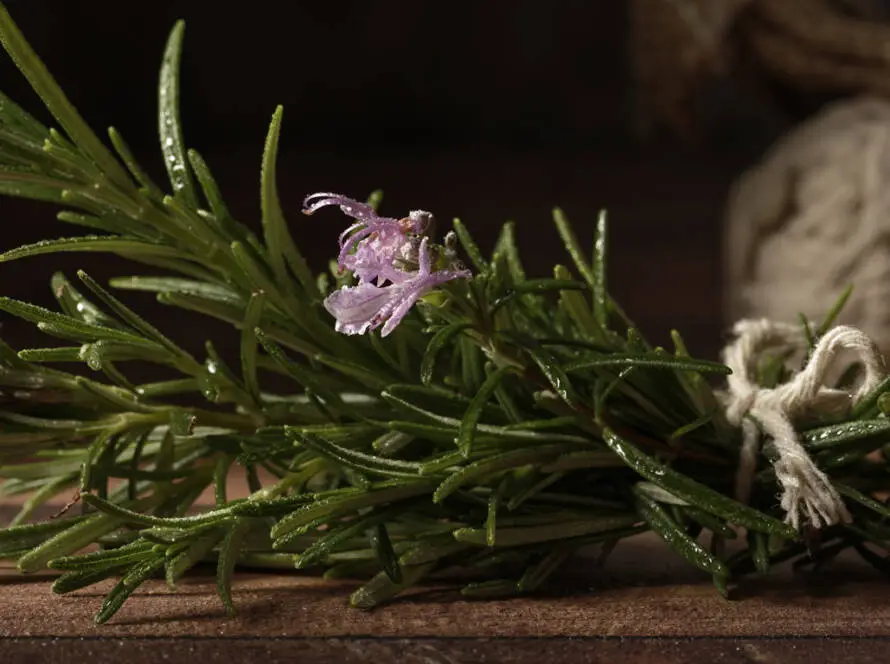Overview of Benefits and Uses
Burdock root, derived from the Arctium plant, is a widely respected ingredient in traditional medicine, especially within Asian and European herbal practices. Known for its myriad health benefits, this root has gained popularity as a supplement and dietary addition.
Key Characteristics
Burdock root is a long, taproot that can grow up to 60 cm (2 feet) in length. It has a distinct earthy flavor and is typically harvested in the fall when its sugar content is highest. The root is rich in various nutrients, including vitamins, minerals, and antioxidants, contributing to its health-promoting properties.
Health Benefits
Burdock root offers numerous health benefits, thanks to its bioactive compounds such as polyphenols, flavonoids, inulin, and other dietary fibers. Here are some notable benefits:
- Detoxification: Burdock root is known for its ability to purify the blood and support liver function, aiding in the body’s natural detoxification processes.
- Antioxidant Properties: Rich in antioxidants, burdock root helps combat oxidative stress, reducing the risk of chronic diseases and supporting overall health.
- Anti-inflammatory Effects: Its anti-inflammatory properties may help alleviate conditions such as arthritis or skin issues, promoting relief from pain and swelling.
- Digestive Health: Burdock root contains inulin, a prebiotic fiber that supports gut health by promoting healthy digestion and a balanced microbiome.
- Skin Health: Traditionally used for skin conditions like acne and eczema, burdock root may assist in clearing up blemishes and maintaining overall skin clarity.
- Weight Management: Its fiber content can aid in satiety, potentially supporting weight loss efforts by reducing hunger levels.
Uses in Cooking and Supplements
Burdock root can be consumed in various ways:
- Culinary Uses: The root can be eaten raw in salads, cooked in soups, or stir-fried. It is sometimes pickled for flavor.
- Herbal Supplements: Burdock root is also available in capsules, teas, and tinctures, allowing for easy incorporation into daily routines.
Risks and Side Effects
While generally considered safe, burdock root may cause some adverse effects in certain individuals, including:
- Allergic Reactions: People allergic to plants in the daisy family may experience reactions.
- Medication Interactions: Burdock may affect blood sugar levels, so individuals on diabetes medications should consult a healthcare provider beforehand.
Conclusion
Burdock root is a versatile and nutrient-rich ingredient with a range of health benefits that support detoxification, digestive health, and skin clarity, among others. Whether consumed fresh in meals or as a supplement, it offers a natural way to enhance wellbeing. As with any supplement, it’s essential to consult a healthcare professional, especially if you have existing health conditions or are on medication.
Resources
- Drugs.com
- Wikipedia.com
This summary highlights the key aspects including its traditional uses, potential benefits, and safety considerations.
Disclaimer
The information I’ve shared about herbs is for educational purposes only and is not meant as medical advice. While many herbs have been traditionally used for their potential health benefits, individual responses may vary, and the effectiveness of herbs can depend on various factors, including personal health conditions and interactions with medications. It is essential to consult with a qualified healthcare professional or a licensed herbalist before using herbs for medicinal purposes or making significant changes to your health regimen. This information should not be considered a substitute for professional medical advice, diagnosis, or treatment.


